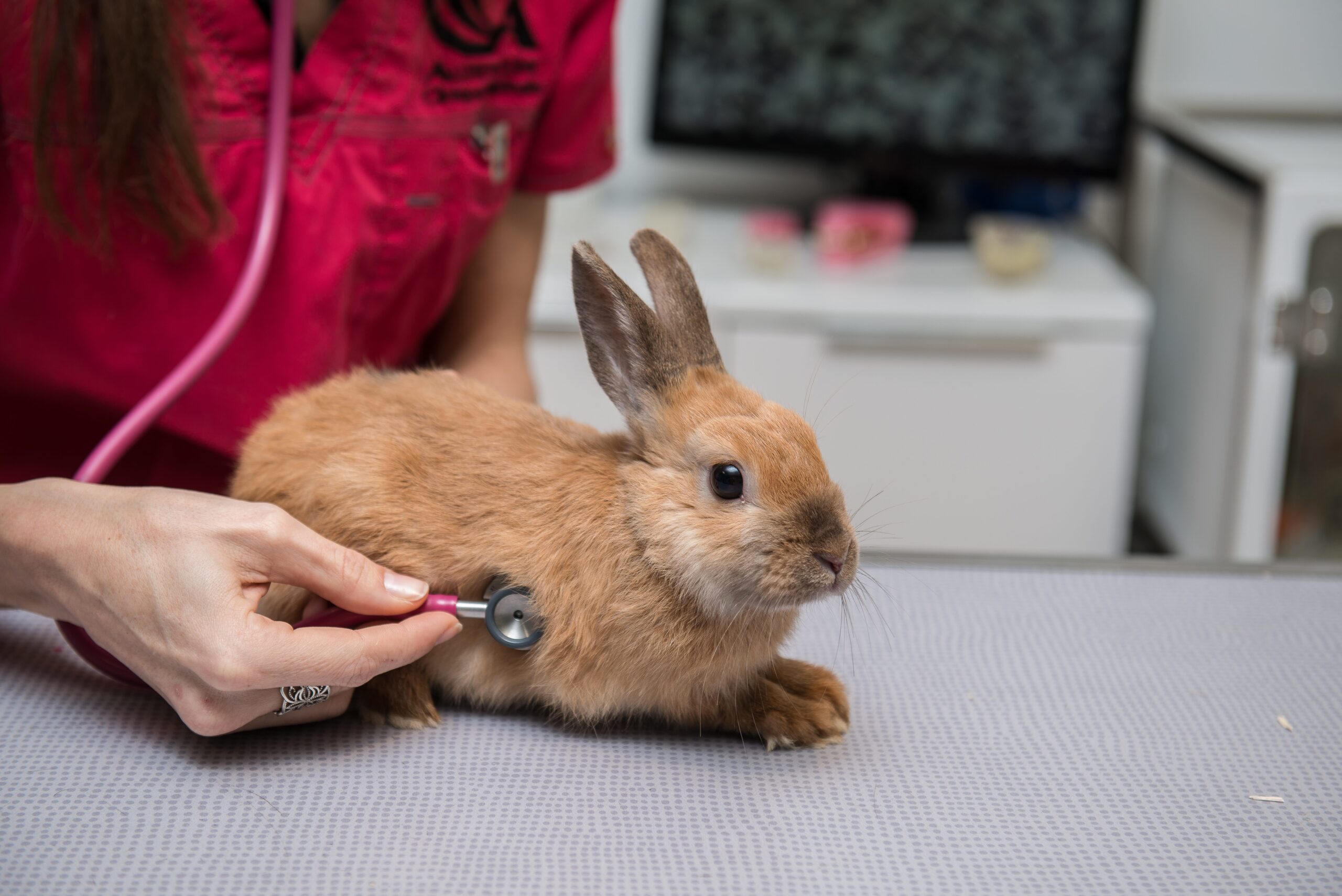Rabbit nursing is an important part of caring for your pet rabbit. Whether you’re a first-time rabbit owner or an experienced bunny parent, there are some essential tips you should know when it comes to providing the best care for your furry friend. This article provides some important information about rabbit nursing, including tips on how to keep your rabbit healthy and happy. We will also discuss the basics of rabbit nutrition and how to monitor your rabbit’s health. With these tips, you’ll be well on your way to providing the best care for your rabbit.
Definition of Rabbit Nursing

Rabbit Nursing is the process of providing a mother rabbit with the necessary nutrition to adequately feed her young. It typically involves providing the mother rabbit with a special diet that is high in protein, calcium, and other vitamins and minerals. This enables the mother to produce enough milk to feed her young.
How often do baby bunnies nurse? Baby rabbits typically nurse from their mother 6 to 8 times a day. The mother rabbit will produce milk for up to the first five weeks of the baby rabbit’s life.
What are the benefits of Rabbit Nursing?
- It provides the mother rabbit with the nutrition she needs to be able to produce enough milk for her young.
- It provides the baby rabbits with the nutrition they need to grow and develop properly.
- It helps keep the mother rabbit healthy and reduces the risk of illness or injury to her young.
- It helps to bond the mother and her young, which is important for both the mother and the baby rabbits.
What should I feed my rabbit during nursing?
During nursing, a mother rabbit should be provided with a special diet that is high in protein, calcium, and other vitamins and minerals. This enables the mother to produce enough milk to feed her young. Additionally, it is important to provide fresh hay to the mother rabbit, as this helps to provide the necessary fiber she needs to stay healthy. All of this should be supplemented with fresh vegetables and fruits.
Do Rabbits Nurse Their Young?
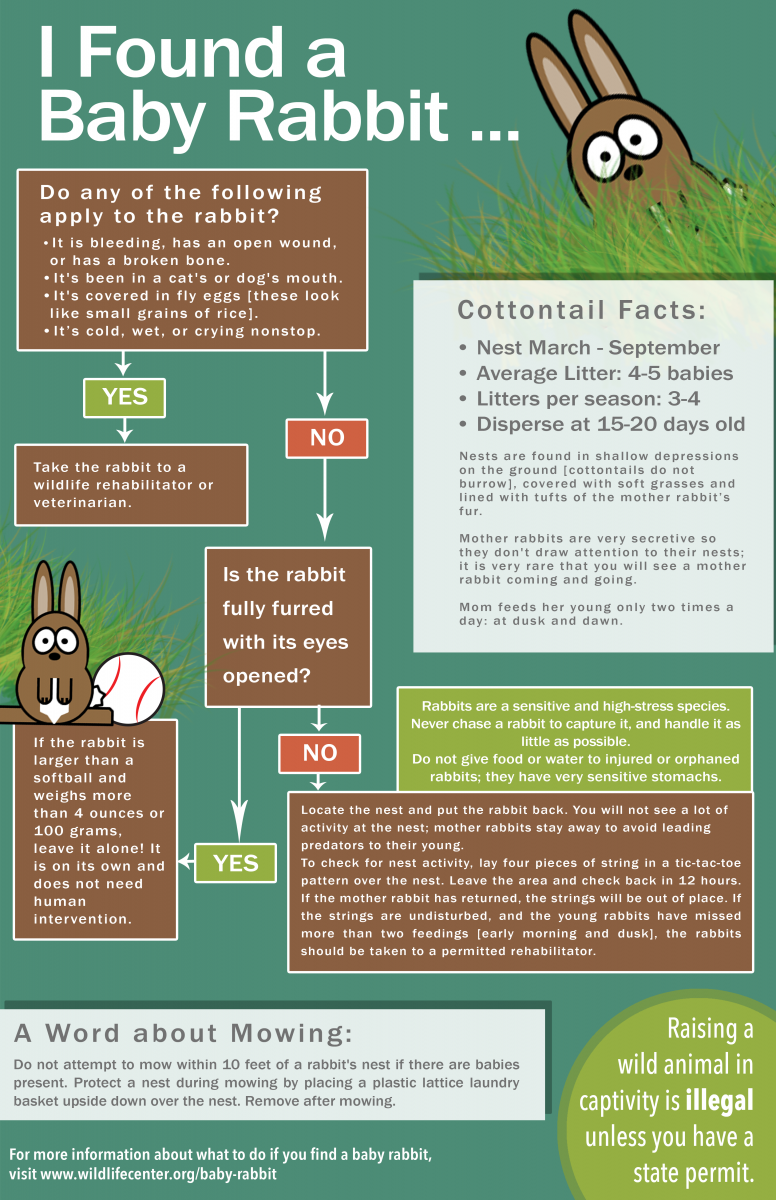
Yes, rabbits do nurse their young. Nursing is a crucial part of caring for newborn rabbits and their mothers. Rabbits are born with a full set of fur and their eyes open, so they are ready to start nursing right away.
Here are the essential tips for rabbits nursing:
- Make sure the mother rabbit has plenty of food and water.
- Keep the nest clean and dry.
- Observe the mother rabbit nursing her young.
- Look for signs of distress from the mother or the young.
- Make sure the young rabbits are fed regularly.
- Carefully monitor the development of the young rabbits.
- Provide the appropriate environment for the young rabbits.
- Seek help from a qualified veterinarian if needed.
It’s important to be aware of the signs that indicate a mother rabbit is not nursing her young properly. These include lack of milk production, poor milk supply, or young rabbits that are not gaining weight. If any of these signs are present, it is important to seek help from a qualified veterinarian.
When it comes to rabbits nursing, it is essential to be aware of the needs of both the mother and the young. With the right care, the mother and her young can have a healthy, happy life.
How Often Do Baby Bunnies Nurse?
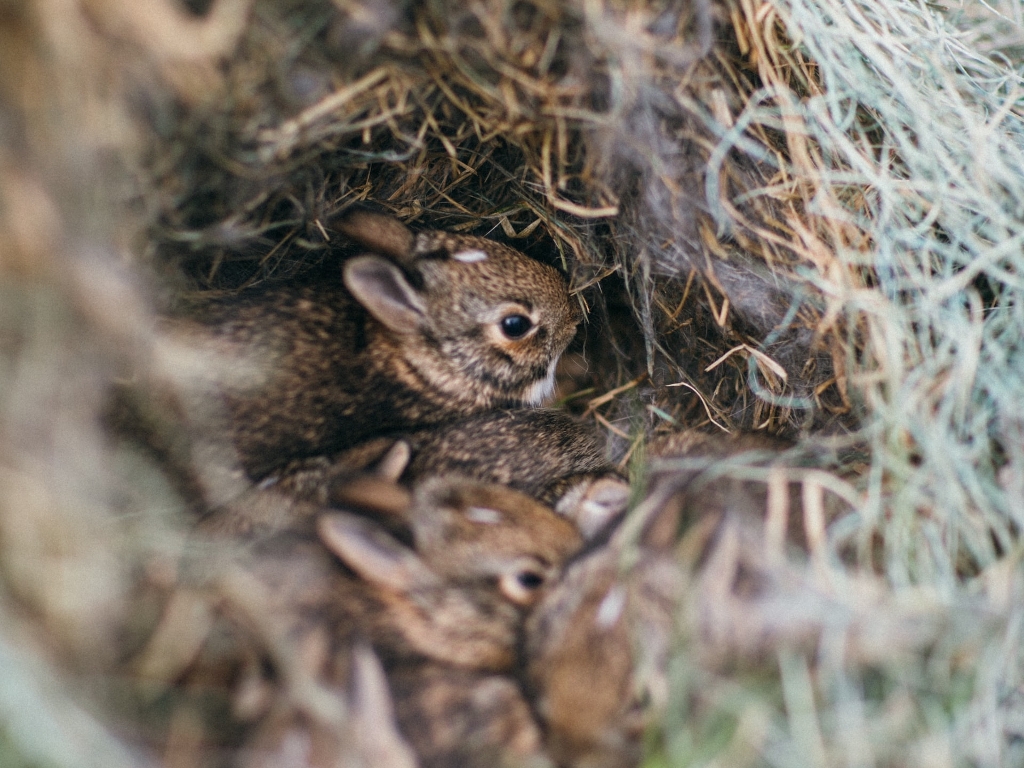
Baby bunnies should nurse every 2-3 hours. During the first week, they should be fed every 1-2 hours. Newborns need to be kept warm and should be given as much milk as they want.
- In the first week of life, newborn bunnies should be fed every 1-2 hours, day and night.
- After the first week, they should nurse every 2-3 hours, day and night.
- It’s important to make sure they get enough milk, so they should be allowed to nurse as often as they want.
It’s important to monitor rabbit nursing habits. If a baby bunny isn’t nursing as often as they should, this could be an indication of a health issue or other problem. If you suspect something is wrong, contact your veterinarian as soon as possible.
Factors Affecting Rabbit Nursing
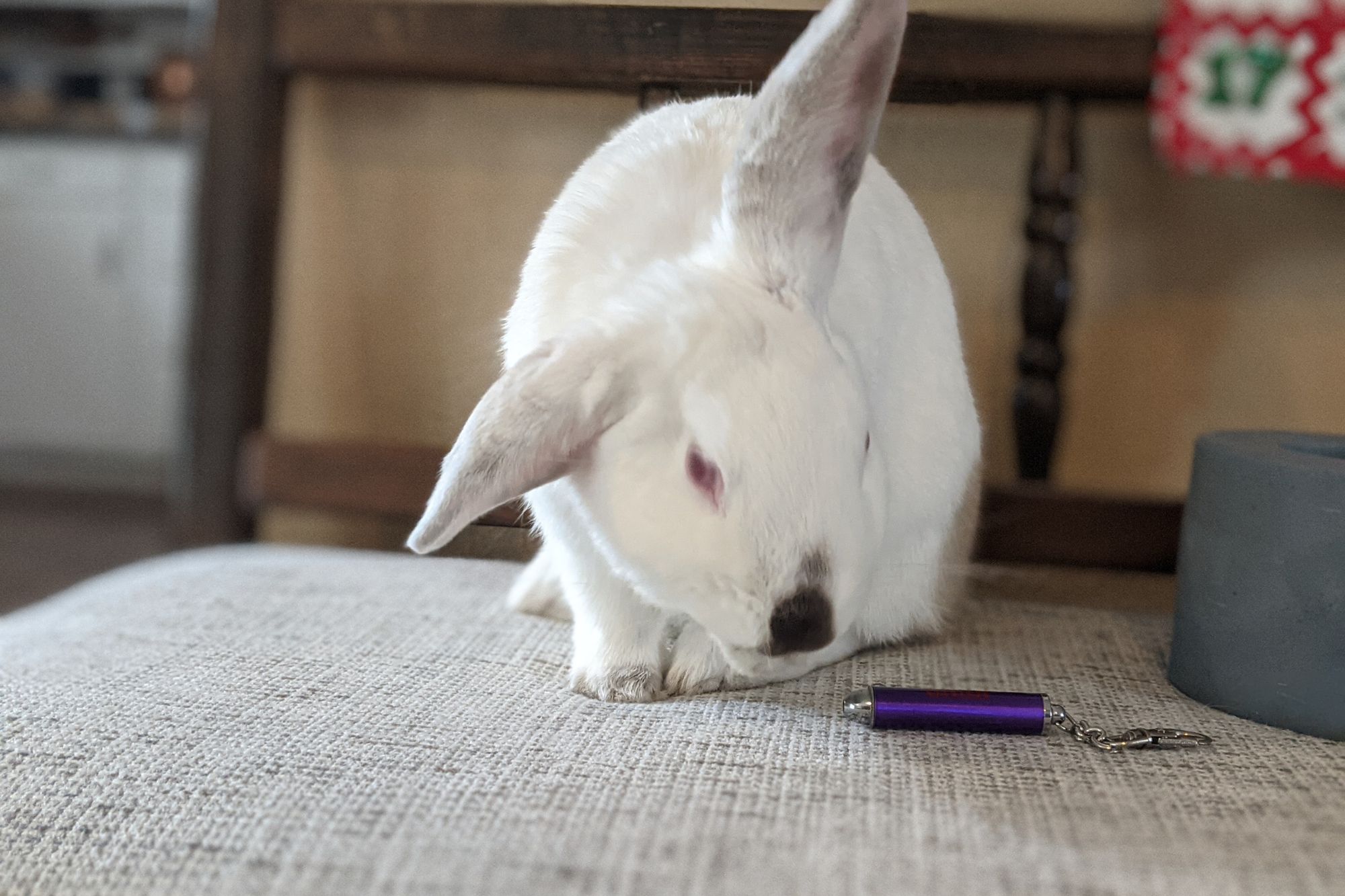
| Factors | Impact |
|---|---|
| Health | A healthy mother can produce more milk and is better able to care for her young. |
| Nutrition | Nutritional deficiencies can reduce a mother’s milk production. Make sure she is consuming adequate nutrition for her age, activity level and reproductive cycle. |
| Environment | Stress from a new environment, noise, sudden changes in diet, or overcrowding can affect the mother’s milk supply. |
| Age | Older rabbits can have reduced milk production and may need additional support. |
Nursing rabbits require a clean and quiet environment to ensure the mother and her litter are able to bond and thrive. It is important to monitor the mother’s health and nutrition to ensure she can produce enough milk. Nutritional deficiencies can reduce a mother’s milk production, as can stress from a new environment or overcrowding. Older rabbits may have reduced milk production and require additional support.
Care Tips for Nursing Rabbits
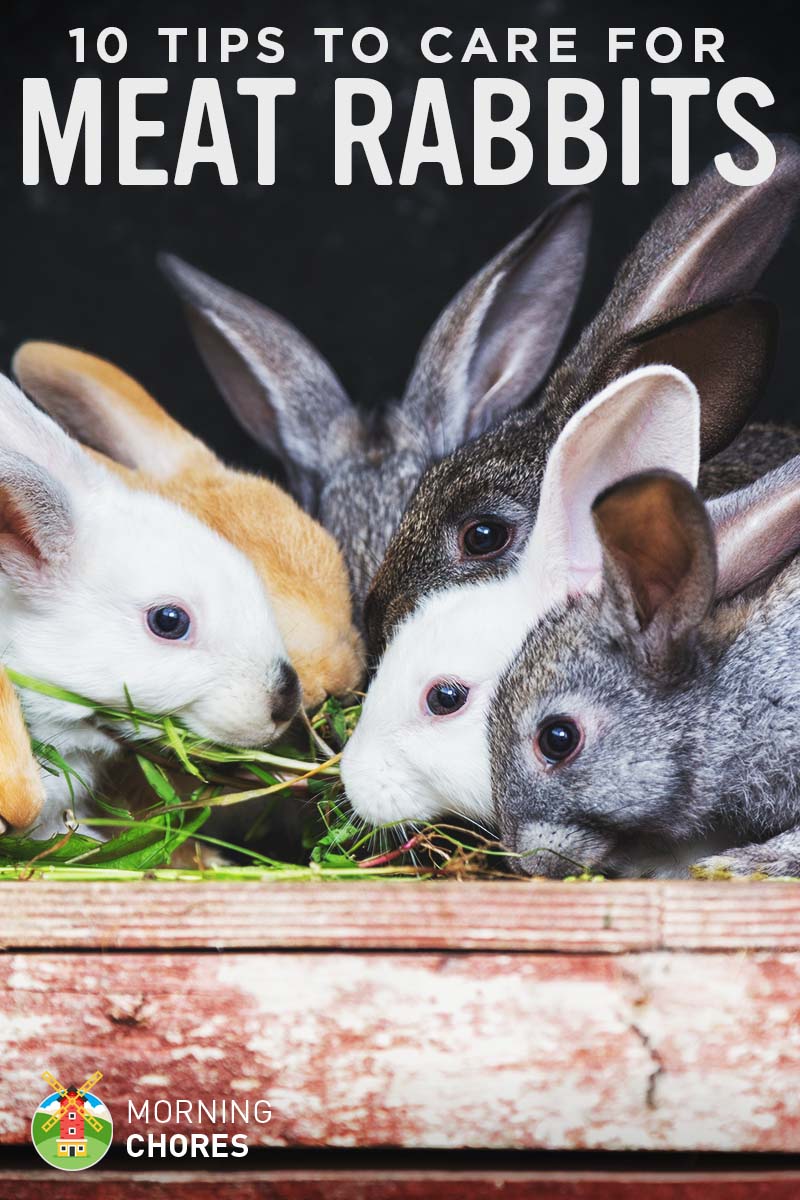
Provide a Safe Environment: Make sure your rabbit’s environment is safe and secure. Keep your rabbit’s living area free from potential hazards such as open electrical outlets, sharp objects, and other dangerous items.
Feed Appropriately: Feed your rabbit with a balanced diet. Make sure to include hay and fresh vegetables. Avoid feeding your rabbit sugary treats or human food.
Keep the Nest Clean: Change the nesting material regularly and keep it clean to prevent bacteria and parasites from growing.
Provide a Place to Exercise: Give your rabbit access to an exercise area such as a large pen or a hutch. This will help your rabbit stay active and keep its muscles strong.
Monitor Weight: Monitor your rabbit’s weight and make sure it is not losing or gaining too much.
Consult a Vet: Consult a veterinarian if your rabbit shows any signs of distress or discomfort. A vet can provide helpful advice and guidance on how to care for your rabbit.
How to Provide Appropriate Nutrition for Nursing Rabbits
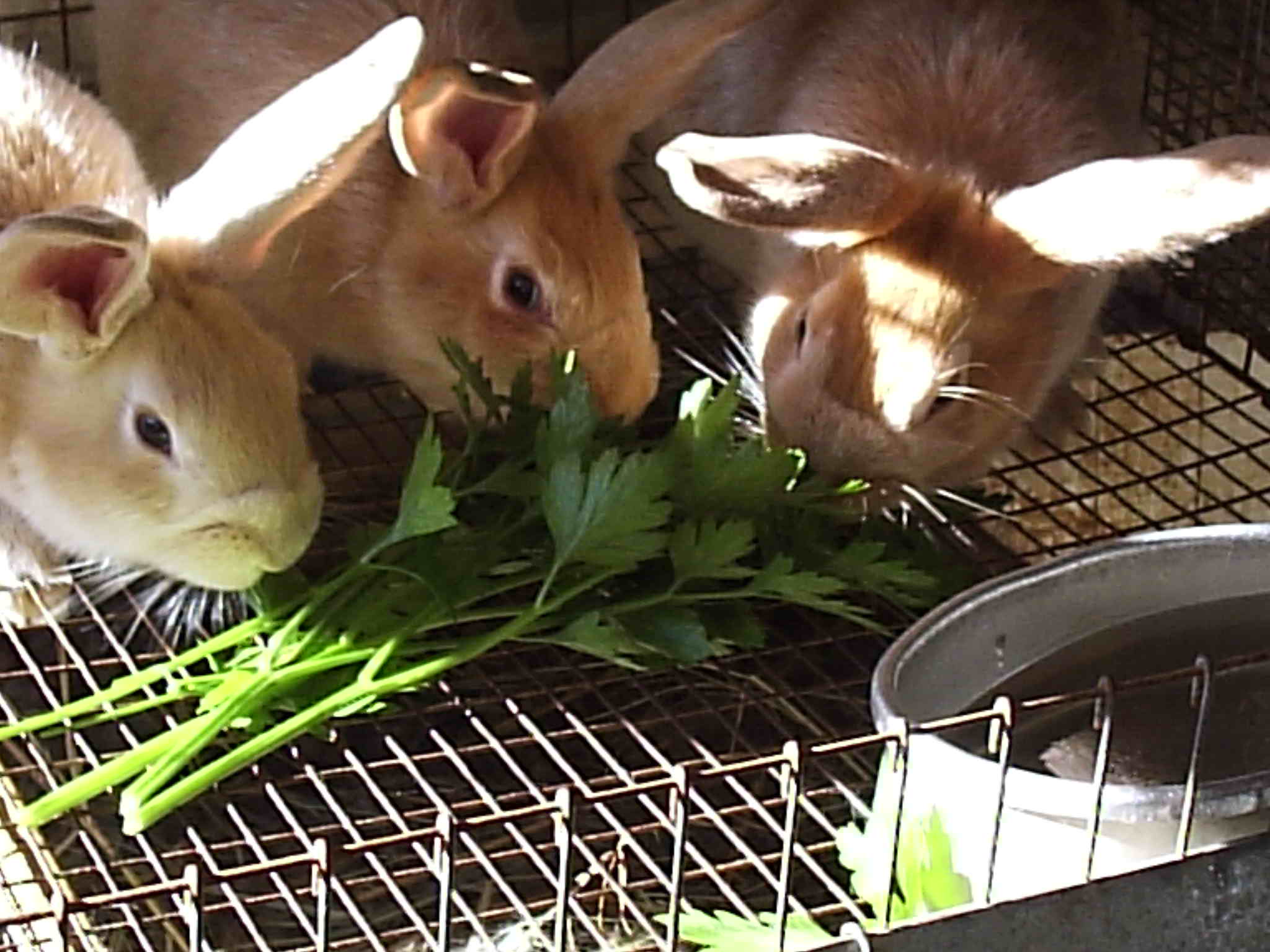
Nursing rabbits need a diet that is nutrient-rich in order to ensure the health of both the mother and her litter.
- Breastfeeding: Nursing rabbits should be given access to their mother’s milk as much as possible. This provides them with the essential nutrients their bodies need to grow and develop.
- Fresh vegetables: Fresh vegetables should be given to nursing rabbits as often as possible. These can include kale, carrots, celery, and parsley, as well as other leafy greens. These vegetables are rich in vitamins and minerals, which can help support the health of baby rabbits.
- High-fiber hay: High-fiber hay should be given to nursing rabbits daily. This helps to ensure the health of the mother and her litter, as it provides them with essential fiber that keeps their digestive system functioning properly.
- Pellets: Pellets should be given to nursing rabbits in moderation. This helps to ensure that they are getting the right balance of nutrients, without overfeeding them.
- Fruits and nuts: Fruits and nuts can be given to nursing rabbits as a special treat. These can be healthy additions to their diet, but should be given in moderation.
It is important to provide nursing rabbits with the proper nutrition to ensure their health and wellbeing. By providing them with a balanced diet, you can ensure that your rabbits stay healthy and happy.
Common Challenges of Rabbit Nursing
| Challenge | Description |
|---|---|
| Hairballs | Rabbits groom themselves and can develop hairballs, which can cause digestive blockages requiring medical attention. |
| Injuries | Rabbits are easily injured and can suffer from broken bones or cuts that need medical attention. |
| Dental Issues | Rabbits have continuously growing teeth that can cause overgrown teeth or misalignments that need to be addressed. |
| Respiratory Infections | Rabbits are prone to respiratory infections, which can be serious and require medical treatment. |
| Gastrointestinal Issues | Rabbits can suffer from diarrhea and other gastrointestinal issues, which can be a sign of a serious underlying condition. |
| Viral Infections | Rabbits are prone to viral infections, such as myxomatosis and rabbit viral hemorrhagic disease, which can be fatal. |
Rabbits are fragile animals and require veterinary care for a variety of issues. Common challenges of rabbit nursing include hairballs, injuries, dental issues, respiratory infections, gastrointestinal issues, and viral infections. Hairballs can cause digestive blockages, while injuries can cause broken bones or cuts. Dental issues can occur due to continuously growing teeth, while respiratory infections can be serious. Gastrointestinal issues can be a sign of a serious underlying condition, and viral infections, such as myxomatosis and rabbit viral hemorrhagic disease, can be fatal.
Frequently Asked Questions
What should I do if my rabbit appears to be weak and lethargic?
- Check for signs of infection: Look for any signs of infection, such as a runny nose, red eyes, and sneezing. If you find any of these signs, contact your veterinarian for further advice.
- Check the temperature: Take your rabbit’s temperature using a rabbit-safe thermometer. If it is too high or too low, seek veterinary advice immediately.
- Check for parasites: Examine your rabbit’s fur and skin for any signs of parasites, such as fleas, mites, or lice. If you find any, contact your veterinarian for advice.
- Provide good nutrition: Make sure your rabbit is getting a balanced diet, with plenty of fresh hay, vegetables, and a small amount of pellets. Avoid sugary foods, as they can make your rabbit’s health worse.
- Provide plenty of fresh water: Make sure your rabbit has access to fresh, clean water at all times.
- Provide a comfortable environment: Ensure your rabbit has a comfortable environment, with plenty of space, a warm and dry living area, and toys to play with.
- Visit the vet: If your rabbit’s condition does not improve, or if you are at all concerned about its health, take it to your veterinarian for a check-up.
What are the Signs of a Healthy Rabbit?
A healthy rabbit is active and alert, has bright eyes, a glossy coat, and clean fur. They should have good body weight, their hind legs should be strong, and their stomach should be round. Healthy rabbits should have a good appetite and pass normal-looking droppings. Additionally, they should have no discharge from the eyes, nose, or ears, and have no lumps or bumps on their body.
What is the best diet for a nursing rabbit?
Nursing rabbits require a diet high in protein and calcium to ensure they are getting the nutrients they need to produce milk and stay healthy. The best diet for a nursing rabbit is a combination of hay, fresh vegetables, and pellets specifically formulated for nursing rabbits. The hay should be high-quality, grass-based hay and the vegetables should be varied and fresh. Pellets should be high in protein and calcium, and should only be used in moderation. In addition, it is important to provide fresh water at all times.
How Often Should I Check My Rabbit For Signs Of Illness?
It is important to monitor your rabbit’s health regularly. Check your rabbit’s eyes, ears, teeth, and fur daily. Look for any changes in behavior or appetite. If you notice any signs of illness, such as sneezing, coughing, runny nose, loss of appetite, or dull fur, contact your veterinarian immediately. Regular veterinary check-ups can help to detect any potential problems early on.
How Often Should I Change the Bedding in My Rabbit’s Cage?
Bedding should be completely changed every two weeks or more frequently depending on cage cleanliness. Urine-soaked bedding should be removed daily and replaced with fresh bedding. Washable bedding should be washed, dried, and replaced twice a week. Bedding should not be kept damp as this can lead to infection.
Conclusion
Rabbit nursing is an essential part of caring for a pet rabbit. Owners need to be aware of the proper diet and nutrition requirements of their rabbits, and be prepared to provide the necessary care and attention. It is also important to provide a safe and comfortable environment for the rabbit to live in, and to check for any health problems that may arise. With proper care and attention, a pet rabbit can be a great companion for many years.
